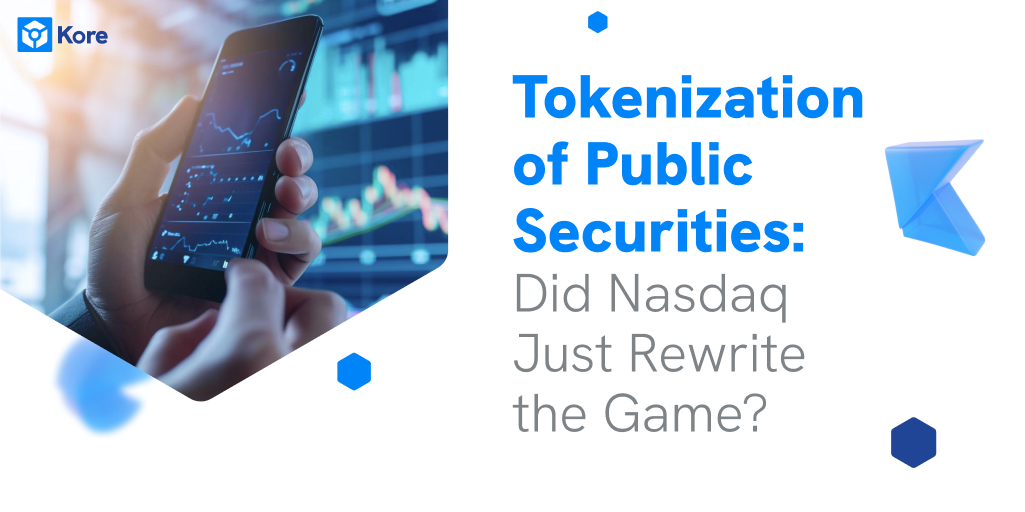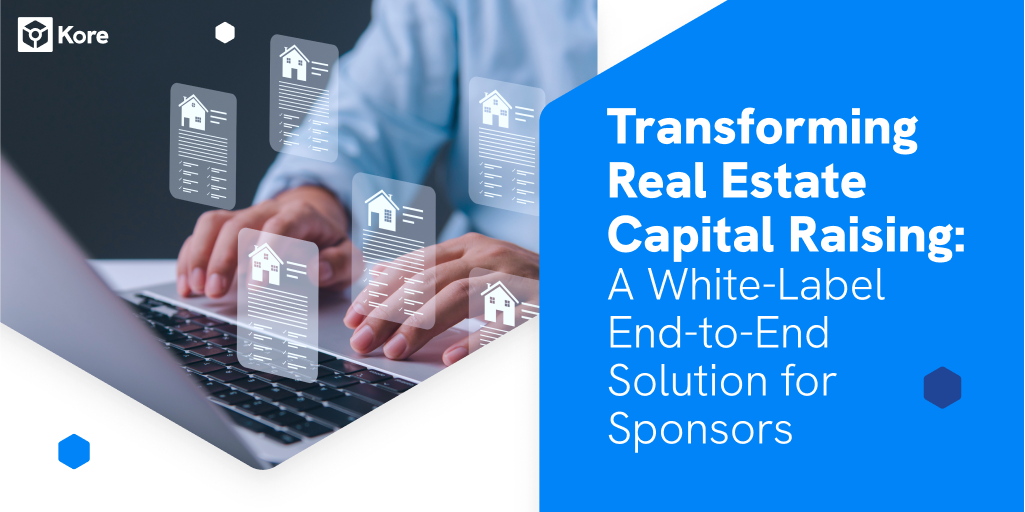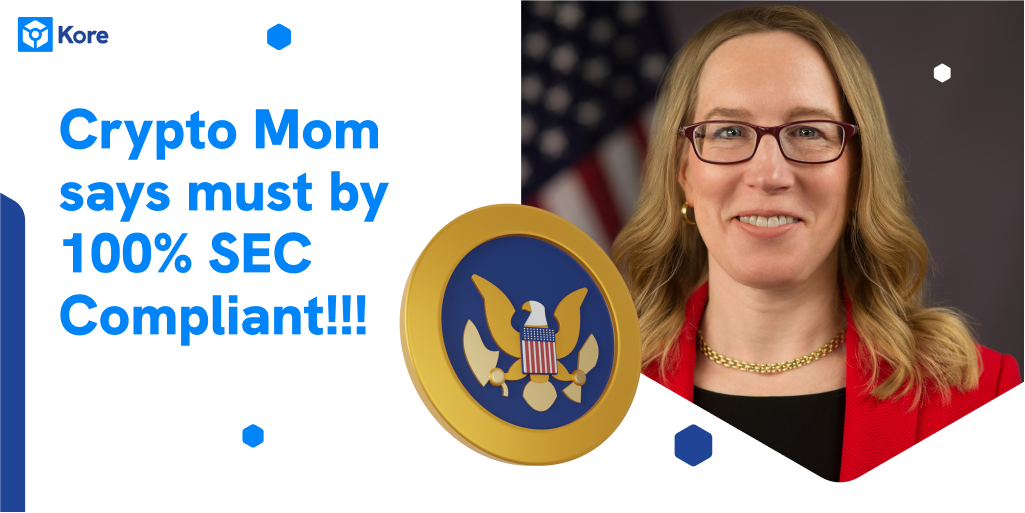Tokenization of Public Securities: Did Nasdaq Just Rewrite the Game?

Nasdaq has announced that by January 1, 2026, all public securities will be tokenized. While that one move could reshape the global capital markets, the impact will be felt very differently depending on who you are.
Will casual U.S. retail investors who already trade commission-free and see instant fills even notice?
Will sophisticated retail traders who understand options and exotic derivatives see this as the holy grail of programmable securities, or just more risk?
For traditional brokerage houses, does tokenization eliminate their back-office edge and force them into new roles?
And then there are the crypto-exchanges and companies with a fintech angle that are actively eyeing tokenized securities as their big play into mainstream markets. But if Nasdaq itself takes over tokenization at the core exchange layer, did this just kill their competitive edge in public markets? What alternatives do they have?
And what about the cross-border story?
- Could tokenization finally make global investing as seamless as domestic trading?
- Will retail investors soon get direct access to foreign IPOs through their local brokerage app?
- Could hybrid products combining public + private + alt-fi assets emerge as the new normal?
- Will investors get same-day dividends in any currency they choose?
- And could we finally see all holdings across multiple brokerages in one single portfolio view?
The infrastructure for this future is already being built. Casual investors may not clamor for it, but the ripple effects for global investors, brokers, and fintech innovators could be massive.





